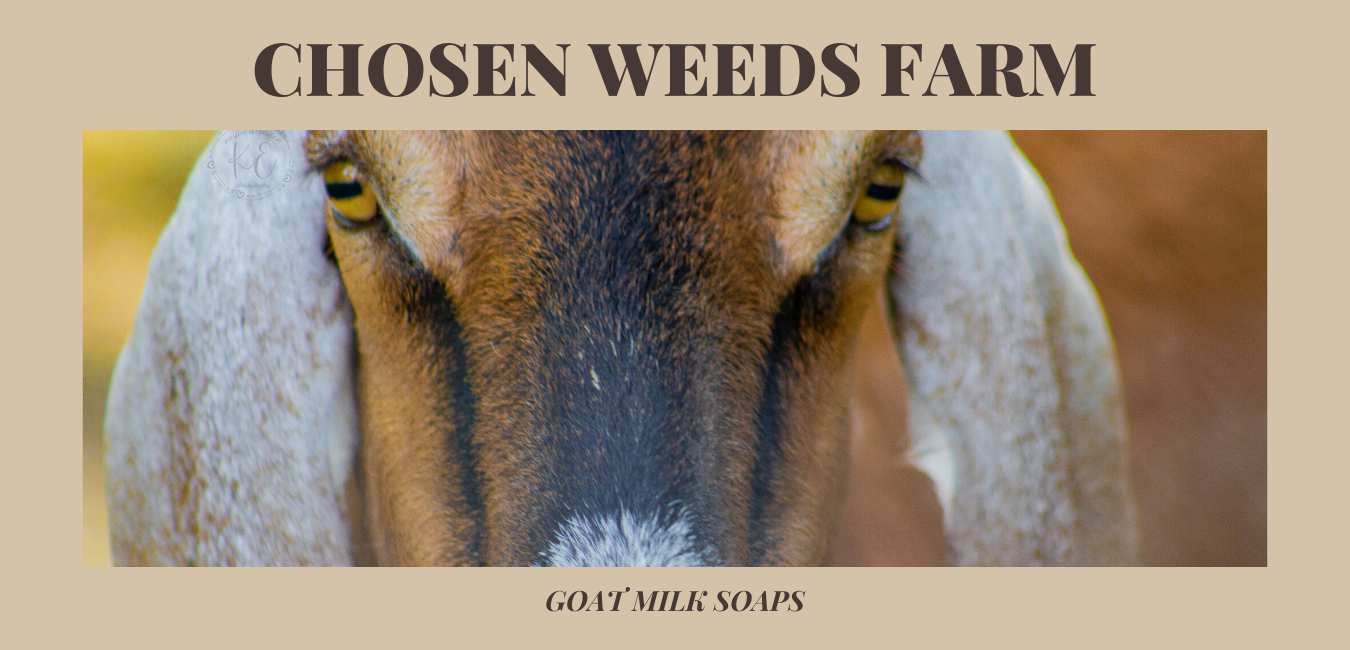
Got anxiety?
Who doesn’t these days?
Can’t seem to sleep?
I have found myself waking up in the early hours of the morning.
From corona virus to nationwide riots, those of us that struggle with anxiety maybe experiencing an all-time high.
Did you know that there may be an herb growing right in your garden that you can use to help with anxiety, depression, and insomnia?

Lemon balm, or Melissa, is a member of the herb family; and like other herbs, it is super easy to grow. In fact, once established, it will go CRAZY. So if you feel like you don’t have a green thumb, this might be a good herb for you to start with.
There are a myriad of benefits to using lemon balm, but I would like to focus on anxiety, depression and insomnia since so many, including myself, are suffer from this right now, or have in the past.
Lemon balm may be used to help reduce anxiety, according to a small study published in the journal Nutrients. “According to researchers in Australia, a sweetened water-based drink containing 0.3 grams of lemon balm extract significantly reduced stress and improved mood in a group of healthy young adults compared to a placebo.”
Studies have suggested that rosmarinic acid (which is found in lemon balm) increases the availability of neurotransmitters in the brain known as gamma-aminobutyric acid (GABA). A low level of GABA in the brain is believed to be associated with anxiety and other mood disorders.
The same influence that rosmarinic acid has on anxiety is believed to improve sleep in people with insomnia. According to a 2013 study in Complementary Therapies in Clinical Practice, lemon balm combined with valerian root significantly improve sleep quality in 100 women with menopause when compared to a placebo.
3 Easy Ways to Use Lemon Balm
Tea: Start by snipping a few fresh lemon balm leaves. Avoid those that are yellowing, discolored, or have evidence of mold. Rinse the leaves thoroughly, and pat dry with paper towels.
Cut or tear the leaves into smaller pieces and place them into a tea infuser. Pour one cup of hot water over one packed tablespoon of leaves and infuse for about five minutes. You can double or triple the recipe as needed.
After brewing the tea, be sure to keep the teapot or cup covered to hold in the steam, which is thought to retain the herb’s therapeutic oils.
Tincture: Roughly chop up a few handfuls of fresh lemon balm then put the chopped herb into a pint jar, filling it almost all the way and mashing it down a bit with your hand or a wooden spoon. Pour 80 proof vodka to cover the lemon balm, push down the leaves a bit as some still may float. Cover the jar with a lid and put it in a cool and dark place. For the first few days check on it and give it a gentle shake. Since we are using fresh herbs you don’t need to worry about the herbal material soaking up all the vodka, which can sometimes happen when using dried herbs.
Let the tincture infuse for at least 4 to 6 weeks. Once the infusion is complete, use a fine mesh sieve lined with a few layers of cheesecloth to strain out the lemon balm, squeezing out as much of the tincture as possible.
Adult dose: 1 ml (1 dropper full) at a time, up to 3 times/day
It can be stored in an amber bottle for a year or more.
Sleepytime syrup (credit to the nerdyfarmwife.com): Place about 3/4 cup lemon balm leaves into a small pot and add enough water to just cover the leaves. Simmer, covered partially, until the liquid is reduced in half.
Strain out & compost the leaves. While still quite warm, measure out about 1/2 cup of the concentrated tea and stir 1/4 cup raw honey into it. Add more honey to taste, if you wish.
Store in the refrigerator for about 3 days.
Dose by the spoonful at night to help calm and relax. (Honey should not be used with children under 1 year old.)
Now, I am not saying that this is a cure all. You still need to have a good self-care routine in place; but, adding lemon balm to this routine is an easy and inexpensive way to help ease those anxiety symptoms and maybe even give you a good night’s rest.
NOTE: When to use caution with lemon balm
As always, do your OWN research into any herb you are using. Treat it as medication, because that is what it is.
Just because you can grow it, certainly doesn’t mean lemon balm benefits everyone. You should avoid lemon balm if you have a hypothyroid because it can negatively affect your thyroid medications.
Some people have had allergic reactions to lemon balm ranging from anaphylactic responses and rashes. Use caution if lemon balm is new to you.
Lemon balm may cause sedation,3 especially if combined with alcohol, over-the-counter sleep aids, or prescription sedatives like Klonopin (clonazepam), Ativan (lorazepam), Donnatol (phenobarbital), and Ambien (zolpidem).
Lemon balm may interact with other drugs, including:
- Thyroid medications like Synthroid (levothyroxine)8
- Blood thinners like Coumadin (warfarin) or Plavix (clopidogrel)
- Glaucoma medications like Travatan (travoprost)9
- Chemotherapy drugs like tamoxifen and Camptosar (irinotecan)
